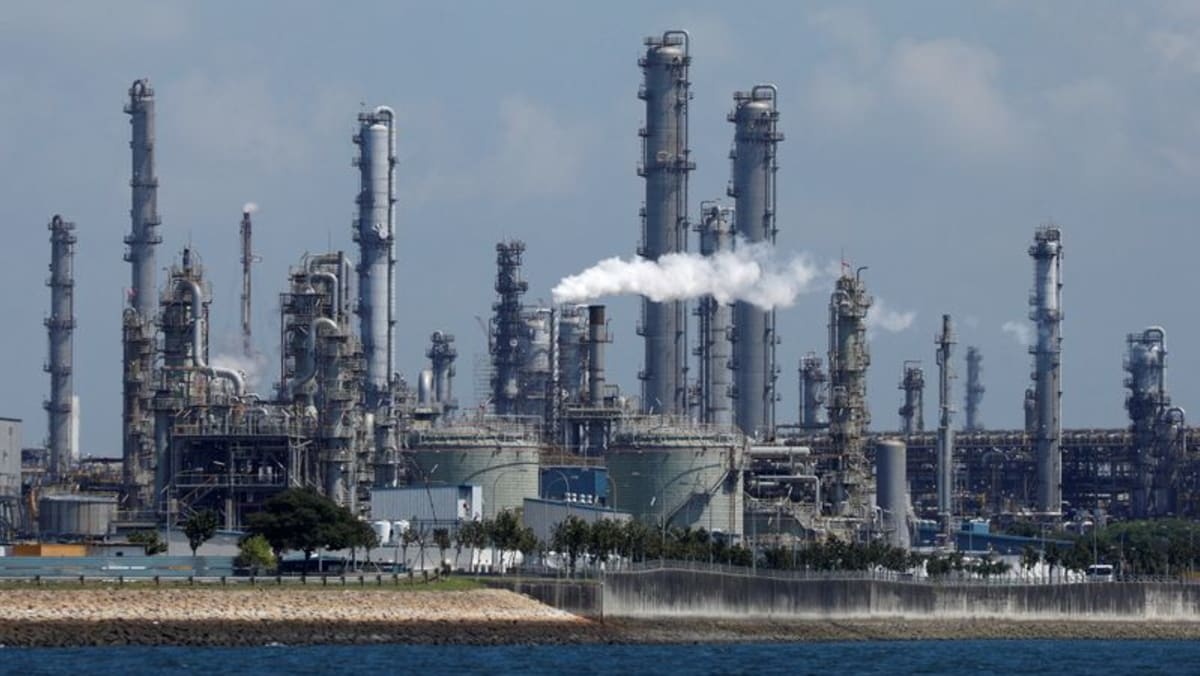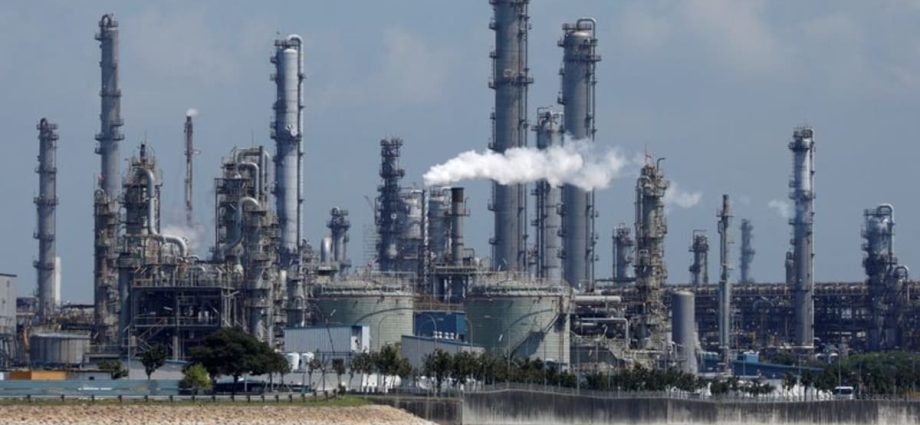
DATA CENTRES, MARITIME AND AVIATION
Another area to keep an eye on is the information and communications technology (ICT) sector. Currently, the ICT industry is responsible for a relatively modest 8 per cent of electricity consumption in Singapore. However, ICT power use has quadrupled over the last 10 years.
According to consultancy Cushman and Wakefield, Singapore is now the largest data-centre market on a city basis in the Asia-Pacific outside China, with more than 40 data centres. Given the growth potential of this industry, it is important for data centres to adopt the latest smart cooling technologies.
A further concern is maritime transport and aviation, business activities which Singapore is a hub for. The emissions associated with these sectors are generally not included in national estimates, because the fuels used are categorised as “international bunkers” and are not included in the Paris Agreement. This loophole has limited the pressure to address these sectors’ emissions until recently.
If the aviation industry fails to abate its emissions, it could consume more than a quarter of the world’s carbon budget for 1.5 degrees Celsius of warming by 2050. Although the aviation industry has recently agreed to reach net zero emissions by 2050, this is a voluntary agreement which risks being reneged upon if procuring enough sustainable aviation fuel or commercialising electric planes proves too challenging.
A rigorous carbon accounting model would include all emissions attributable to Singaporeans’ air travel. It would also include the emissions due to shipping of goods they buy. Ideally, it would additionally account for the emissions due to the production of goods imported into the country.
While these indirect emissions are more challenging to estimate, they are crucial in getting the full picture of Singapore’s carbon footprint. It is time for individuals, companies and countries to take responsibility for their own actions and the environmental impacts they cause.
The transition away from fossil fuels is now official. The urgency of the climate crisis behoves all countries to take stock of and apportion responsibility for their emissions. The conclusion of COP28 is a chance for Singapore to review its climate strategy and decide where it should strengthen its efforts.
Roger Fouquet is Senior Research Fellow at Energy Studies Institute, National University of Singapore.

